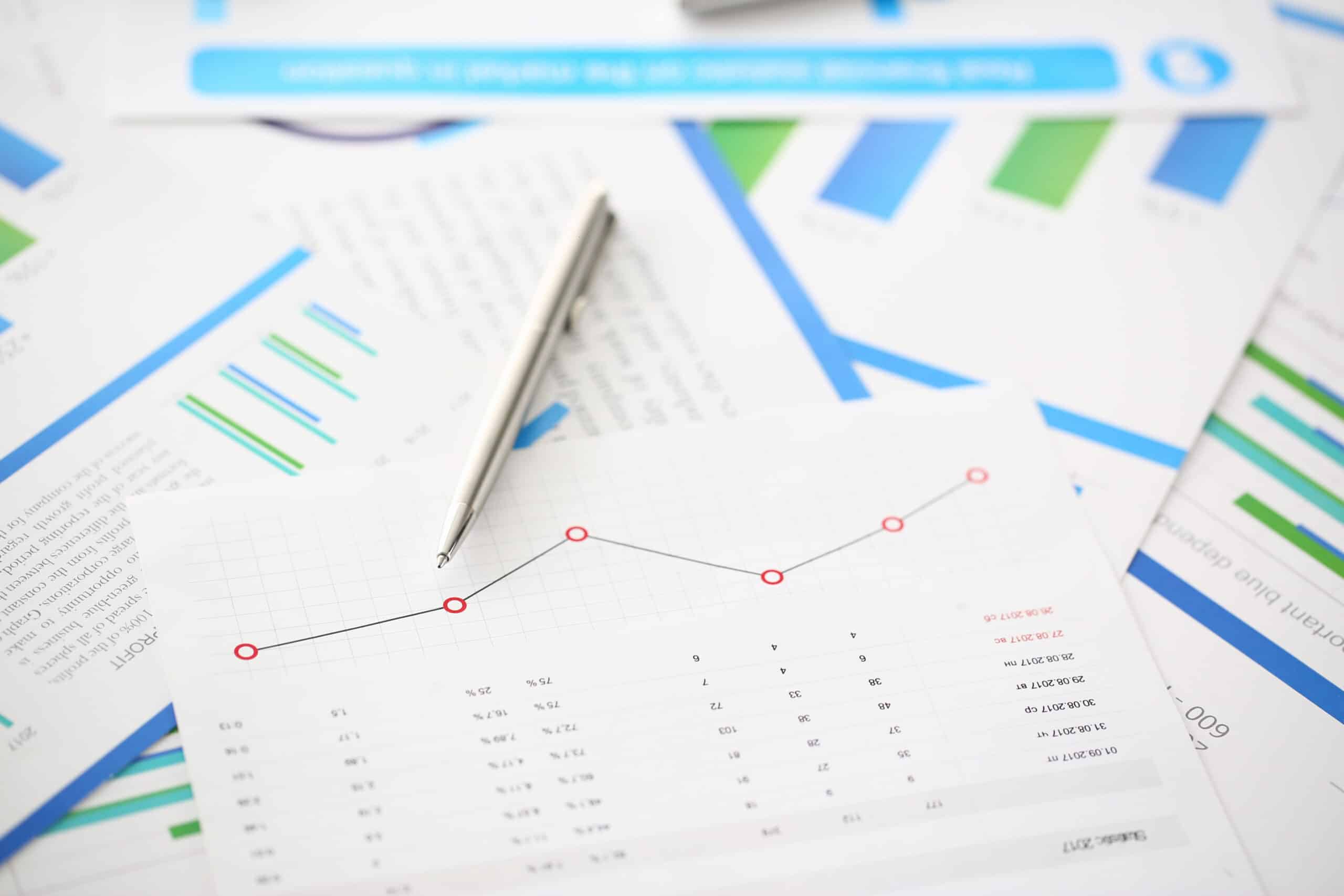Many are beginning to worry that the COVID-19 virus will, like many others, mutate or develop a way to get around the antibodies that are under development that target the virus’s spike protein which facilitates the infection of healthy cells.
To address this concern Sorrento Therapeutics is working on developing an antibody cocktail that will bind to three different epitopes rather than targeting just one point on the spike protein as most of the current work elsewhere is doing. The company has also teamed up with Mount Sinai Health System in New York to help further the development of the cocktail treatment.
“If one epitope mutates and one of the antibodies does not do its job anymore, the other two can do the job,” Henry Ji, Ph.D., CEO of Sorrento, told FierceBiotechResearch. “They are synergistic.”
According to Ji, the cocktail therapy is being called COVI-SHIELD, and it started with a diagnostic developed at Sinai which was used to screen 15,000 people believed to have recovered from the disease. Samples from these patients are being used to identify a few dozen antibodies that stand the best odds of being able to neutralize SARS-CoV-2.
Sorrento will also be working with scientists at the University of Texas Medical Branch who will then be testing the antibodies against the live virus to investigate how to achieve total inhibition of viral infection. Once the top performers are identified the company will present the selections to Sinai to further analyze the selections. Once the company moves into phase 1 trials that are hoped to begin in the third quarter, Sinai may also serve as the clinical testing site for COVI-SHIELD.
Sorrento has entered the field to join the companies working to develop antibodies to neutralize COVID-19 along with others such as Eli Lilly who recently paid $10 million to Junshi Biosciences for the right to co-develop and market a human monoclonal antibody against the disease. However, Regeneron has identified two neutralizing antibodies and is considered to be the front runner in the race with plans to move their cocktail to testing as early as June 2020.
Neutralizing antibodies does not come without risks of the possibility of backfiring in the antibody dependent enhancement process, whereby the virus can use the antibodies to bolster the infection. Regeneron suggests to have addressed this concern expressing confidence that their experimental cocktail can avoid ADE by targeting “uber stealth constant regions” of the virus.
Antibodies are being engineered by Sorrento to not bind to the receptor on immune cells that are believed to cause ADE; antibodies will also be selected that have different mechanisms for neutralizing the virus to reduce the chance of patients becoming resistant to treatment, according to Robert Allen who is the vice president of antiviral and oncolytic immunotherapy development for Sorrento.
“Some of them are going to neutralize through direct blocking between spike and ACE2,” the receptor that helps the virus infect human cells, Allen said. “Others are going to neutralize through a non-blocking mechanism. We’re able to create a higher barrier to resistance that way.”
The company is setting out on this venture after avoiding a takeover bid from an equity firm in January 2020, disclosing it received a buyout bid of $7 a share which was twice the trading price at the time.
Despite the increasing amount of competition rushing to develop and market against COVID-19, Sorrento and its academic collaborators are confident they will be able to work quickly to discover an effective cocktail to utilize against the disease. The company is aware of all the rivals and says there is still much work to do before any treatment will be ready for clinical testing.
“The Mount Sinai collaboration is very important for us, because they screened 15,000 samples and picked the highest-protected people,” Ji said. “We expect to be able to isolate very potent antibodies. We don’t know which of these antibodies will be useful. Maybe some of them, maybe none,” he said. “Whoever has the best antibody wins.”




